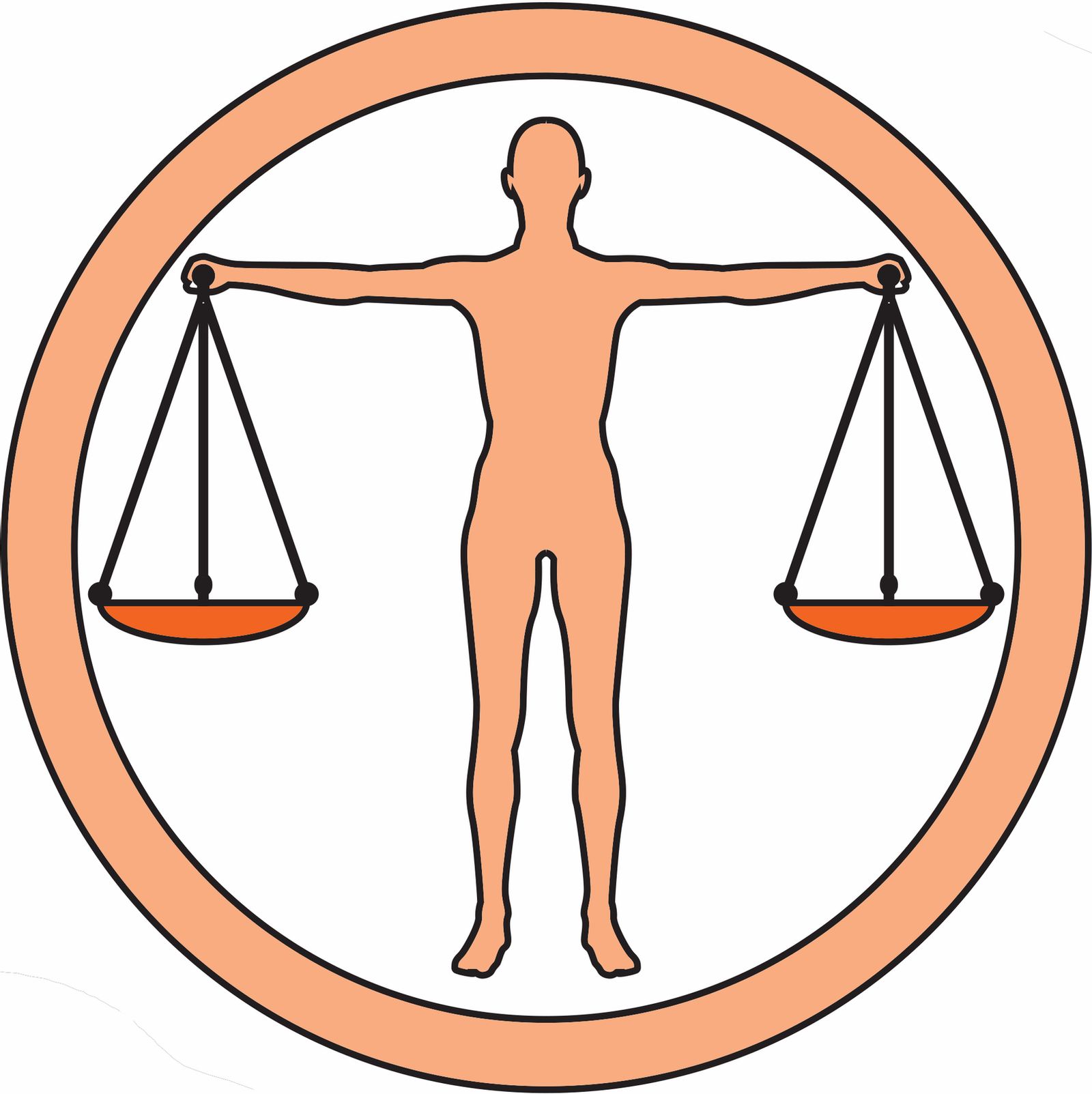
Today we continue our series on the 7 Heavenly Virtues. Previously we looked at Chastity and noted that there were 2 definitions.
Today we look at the next three Virtues: Temperance Charity and Diligence.
Temperance Charity and Diligence - Temperance (Heavenly Virtue # 2)
Temperance means 'the ability to restrain oneself, to exercise self control'.
It differs from chastity in that the restraint is more general. With chastity the restraint refers to sexuality.
Most religious and philosophical systems regard temperance as a virtue. This includes the Greeks, and Romans to Buddhism and Jainism.
Even modern psychologists recognize it. See the 'VAI-IS' (Values In Action - Inventory Of Strengths) for more information.
Let's apply our 4 question enquiry to look at this in more detail.
- Q: Is the thought or feeling of temperance beneficial to the individual?
- A: Because this virtue implies 'not' doing something, thoughts related to it could be both beneficial and harmful to the individual.
Say, for example, a priest tells someone to restrain themselves in their enjoyment of life.
This could lead to ongoing resentment.
On the other hand, the individual may begin to appreciate the benefits of restraining themself in certain matters.
The choice to exercise temperance is a thought process that can be positive or negative for the individual. - Q: Is the action (inaction) of temperance beneficial to the individual?
- A: Because there is no action taken, there can be no physical consequences of it.
- Q: Is the thought of temperance beneficial to others?
- A: Again, someone's thoughts (alone) do not affect other individuals.
- Q: Is the action of temperance beneficial to others?
- A: It can be, if there is potential harm in not being restrained.
For example, someone can drink to excess and then drive themselves and others into a catastrophic accident.
Charity (Heavenly Virtue # 3)
The word 'charity' derives from the Latin word caritas, which means love. In the context of the 'Heavenly Virtues', it means "the love of man for God and one's neighbour".
Given that a modern definition of charity is 'a willingness to share with those who are without', no one knows how the word 'charity' came from 'love.'
Furthermore, if we use the word 'charitable' a synonym could be 'goodwill' - which does spin off from 'love'.
For the purposes of this article, we will adopt the modern meaning here and test it out with our 'famous 4 questions'
- Q: Is the thought or feeling of charity beneficial to the individual?
- A: To the degree that someone can feel charitable, it can be beneficial to the individual. Even more so if the feeling aligns with their values.
- Q: Is the action of charity beneficial to the individual?
- A: It depends on the actions. Doing something good for your neighbour may result in a reciprocal act that benefits the individual.
In modern parlance, it's a 'win-win' scenario. However the other may not recognize the act of charity and thus there may be no reciprocity or benefit to the individual. - Q: Is the thought of charity beneficial to others?
- A: Not unless the thought results in actions (see below)
- Q: Is the action of charity beneficial to others?
- A: Yes. However, the other party may not appreciate the act of charity.
Temperance Charity and Diligence: Diligence (Heavenly Virtue # 4)
The word 'Diligence' means 'carefulness and persistent effort'.
Many religious ideologies, such as Buddhism, Christianity, Islam and Hinduism, all mention or regard diligence as a virtue.
Diligence is more related to actions taken rather than the thoughts we think. However we can still apply our 4 question routine to it to establish its benefits.
- Q: Is the thought or feeling of diligence beneficial to the individual?
- A: Given this is primarily an action, the underlying thoughts of diligence may not be conscious in our minds. However that is not to say they are not beneficial!
- Q: Is the action of diligence beneficial to the individual?
- A: Yes. I can't think of any action within the definition of diligence that is not beneficial to the individual.
- Q: Is the thought of diligence beneficial to others?
- A: As with most thoughts, they do not have a direct impact on others.
- Q: Is the action of diligence beneficial to others?
- A: Yes, if others are involved in the actions. However, not if they are not involved.
If you would like to read more on the topic of persistence (i.e.diligence), please check out this article. I would also recommend you read 'Think And Grow Rich' by Napoleon Hill, in particular the chapter called 'Step 8: Persistence.'
"Persistence changes a man's character as carbon changes brittle iron into invincible steel"
- Napoleon Hill

Conclusion
We've visited three more of the 'Heavenly Virtues'. In all three of these, their actions are more significant than the thoughts that may underlie them.
In the next article we conclude the series with the final 3 virtues: Patience, Kindness and Humility.
Previous Article: Introduction To The 7 Heavenly Virtues



